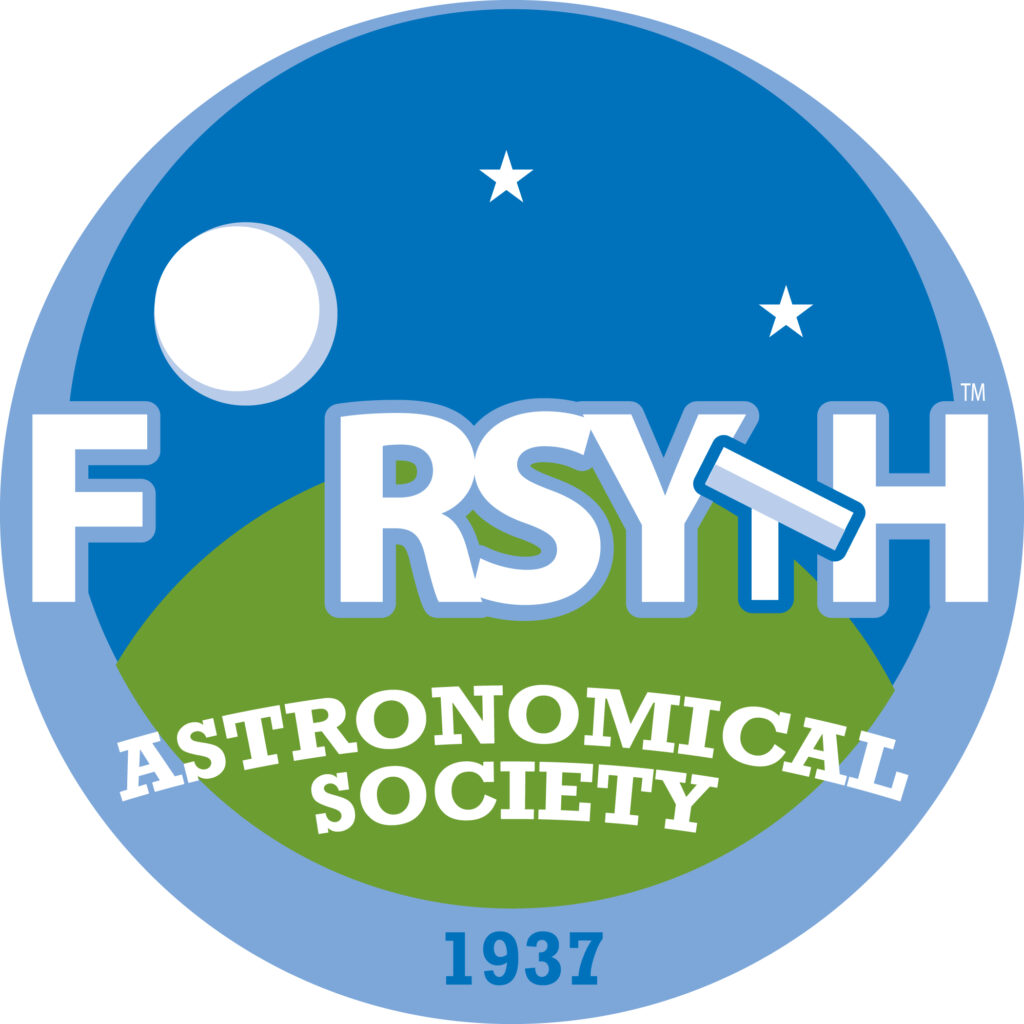Club
-
July 2013 FAS Meeting
Hi FAS folks: Although we are having the worst summer for observing in recent memory, our FAS meetings go on. Our next meeting will be this Tuesday, July 23, at Sci-Works at 7:30 PM. Our program will be presented by astrophysicist Rick Boozer on his research on the Magellanic Clouds. His research has involved some…
-
Club Meeting June 25, 2013
Program: Dr. Steve Danford from UNC Greensboro, will be discussing the latest information on the Globular Clusters that orbit our Galaxy. These dense clusters of stars are among the most fascinating objects in our galaxy and a favorite target for amateurs with small telescopes. Future program preparation: Please join FAS members in the SciWorks…
-
June 25th meeting
Our June speaker, Dr. Steve Danford from UNC Greensboro, will be discussing the latest information on the Globular Clusters that orbit our Galaxy. These dense clusters of stars are among the most fascinating objects in our galaxy and a favorite target for amateurs with small telescopes. Join us on the 25th for insights into what…
-
Tonight June 1, 2013 (Club Observation, Members Only)
Hi FAS people: Our official club observation is next week, but the forecast for tomorrow June1 night looks promising (not perfect, but perhaps worth the trip). If the forecast holds, I’ll be up there around sunset. Steve C sunset: 8:30 PM astronomical twilight: 10:20 moonrise: 1:45 AM
-
The door at Bullington observatory
Very good news, Thank You David!!
-
May 28, 2013 Meeting
FAS May 2013 Meeting Exoplanets Explore beyond the Solar System at the May meeting of the Forsyth Astronomical Society. Prior to the 1990s, the only known planets were the nine orbiting the Sun. At the time, of course, Pluto was considered a Planet. In 1995, astronomers found a Jupiter sized planet orbiting the star…
-
April Meeting
“You can almost touch the stars” Webiner presenter : Tom Field Even if you wanted to touch a star, they’re impossibly distant. But despite these great distances, researchers have learned a great deal about quite a few stars. How? The most common method to study the stars is called spectroscopy, which is the art and…
-
Club Meeting
Tuesday March 26, 2013 Sci Works: 7:30 pm Program: Radio Astronomy at 21 cm Rexford Adelberger, Ph.D. Professor of Physics, Emeritus Guilford College Dr Adelberger’s talk on March 26th will explain the generation and detection of radio signals. He will then describe the radio astronomy program at Guilford College that is tuned to the…
-
Kernersville News interviews FAS member David Elosser

